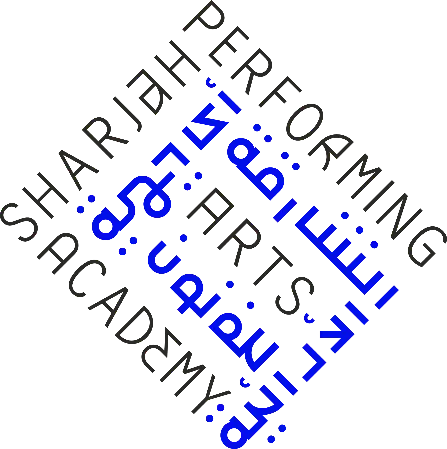Performance autoethnography : critical pedagogy and the politics of culture / Norman K. Denzin.
Material type: TextPublisher: Abingdon, Oxon ; New York, NY : Routledge, 2018Edition: Second editionDescription: xii, 310 pages ; 24 cmISBN:
TextPublisher: Abingdon, Oxon ; New York, NY : Routledge, 2018Edition: Second editionDescription: xii, 310 pages ; 24 cmISBN: - 9781138066298
- GN346.6 D47 2018
| Item type | Current library | Collection | Call number | Status | Barcode | |
|---|---|---|---|---|---|---|
 Books
Books
|
SPAA Library General Collection | On Shelves | GN346.6 D47 2018 (Browse shelf(Opens below)) | Available | 0002571 |
P.B
Includes bibliographical references (pages [269]-302) and index.
Cover; Half Title; Title Page; Copyright Page; Table of Contents; Preface; Acknowledgments; Introduction; Critical indigenous pedagogy; The performance turn; Coda; Notes; PART I: Performance autoethnography; 1. Autoethnography as research redux; Part One; Interpretive aside: fieldwork as performance; Part Two; Part Three; Notes; 2. The call to performance; Epiphanies and the sting of memory; The sting of memory; Process and performance; Interpretive assumptions; Liminality, ritual and the structure of the epiphany; Mystory as montage; Staging lives; Back to the beginning. Performing the text: writing to change historyWorking to transgress; Notes; 3. Performance pedagogy, culture, politics; A MANIFESTO in the form of an abstract; Defining terms; Toward a performative ethnography; Prologue; Theatre and a politics of resistance; Conclusions; Notes; PART II: An uneasy alliance: ethnography, performance, theatre; 4. Performance ethnography; A MANIFESTO in the form of an abstract; Act One: Scene One: Exiles and evil worlds; Act One: Scene Two: For a Theatre of the Oppressed; Act One: Scene Two: Uneasy alliance: [auto] ethnodrama, ethnotheatre and reality theatre. Act One: Scene Five [aside]: historical [auto] ethnodrama: Custer's Last StandIn conclusion; Notes; 5. Staging resistance as performance; Act One: Scene One: History: starting out negative?; Act One: Scene Two: A new language; Act One: Scene Three: In the beginning: real guns?; Act One: Scene Four: The dramaturgical model; Act One: Scene Five: Into action: schools, slums; Act Two: Scene One: Forms of the Theatre of the Oppressed; Act Two: Scene Three: A new poetic, a new theatre; Act Two: Scene Four: The stages of the Theatre of the Oppressed; Act Three: Scene One: Whose performance poetic? Act Three: Scene Two: Situating the Theatre of the OppressedAct Three: Scene Two: a new social theatre; Act Three: Scene Three: Lessons learned; Act Three: Scene Four: Ethical injunctions; Act Three: Scene Five: Hope; In conclusion; Notes; 6. Performing critical pedagogy; Prologue; Act One: Scene One: The many ghosts of Paulo Freire; Act One: Scene Two: Terror, the military coup and jail; Act One: Scene Three: Life as an exile; Act One: Scene Four: Lessons from Paulo; Act Two: Scene One: Performing hope, love, peace; Act Two: Scene Two: An autoethnographic aside. Act Two: Scene Three: Performing resistanceAct Two: Scene Four: Nothing lasts forever; Act Two: Scene Five: Our only weapon; Notes; 7. Tangled up in praxis; Act One: Scene One: Tangled up in theory; Act One: Scene Two: Writing decolonizing autoethnographies; Act One: Scene Three: The many pedagogies of Paulo Freire; Act Three: Scene Four: Sovereignty, and governance; Act Three: Scene Five: Exposed; Act Three: Scene Seven: Pain; Act Four: Scene One: Hope; Act Four: Scene Two: Lunch in Lisbon, 1976; Coda; Notes; PART III: Toward a performative social science. Toggle expanding/contracting information section Reviews
There are no comments on this title.


